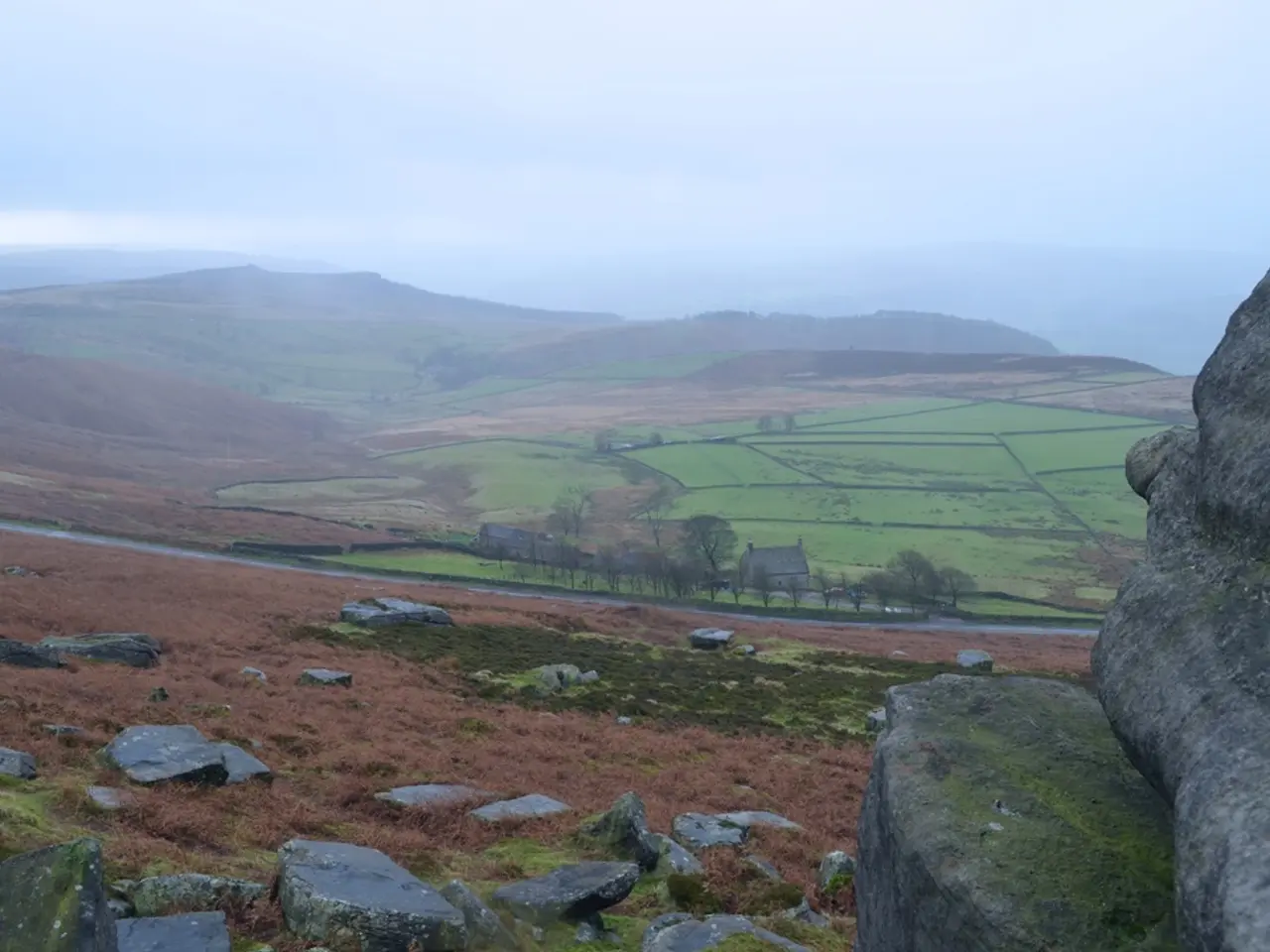In line with the tradition set by Olivetti, Ivrea envisions a future that harmoniously blends industry, tourism, and environmental conservation.
The picturesque Canavese region, renowned for its UNESCO-heritage industrial architecture, is embarking on an ambitious journey towards sustainable development and social awareness. This transformation is outlined in the Fondazione Canavese2030 report, which presents a comprehensive model for the region's growth.
At the heart of this plan is a development model that balances economic growth, environmental protection, and social equity. The foundation encourages active participation from local stakeholders, including citizens, businesses, and public institutions, in decision-making processes. Innovation and tradition coexist, with the foundation promoting innovative practices that respect and leverage the region's cultural heritage and natural assets.
Education and awareness play a crucial role in this development strategy. The foundation is working on programs aimed at increasing social awareness about sustainability challenges and opportunities. These initiatives aim to foster a shared and conscious development model, inhabited by 400,000 people.
Key projects outlined in the report include green infrastructure development, renewable energy promotion, sustainable tourism, social inclusion programs, local economy support, and educational campaigns. The foundation is currently overseeing 179 projects, each contributing to the region's transformation.
One of the most significant projects is the development of eco-tourism and cultural tourism circuits, which aim to responsibly showcase the region's natural and historical attractions. Another key initiative is the support of local SMEs and artisans, encouraging circular economy practices to promote resource efficiency.
The foundation also places a strong emphasis on social inclusion, with efforts to integrate vulnerable groups into the economic and social life, fostering community solidarity. Renewable energy projects are also a priority, with the aim of reducing the region's carbon footprint.
Fabrizio Gea, president of the foundation, introduced the concept of 'New Community', a model of social innovation that encourages co-design of the territory with schools, associations, and citizens. A similar initiative is planned for associations of the territory in the near future.
The ambition is to attract at least 50% of the tourist flow of the Langhe, a nearby region known for its wine production and picturesque villages, to the Canavese. For citizens, a new co-design initiative will be launched between 2026 and 2027.
The Canavese region is continually questioning itself on themes related to impact and inclusion. The foundation's work is a testament to the region's commitment to a resilient and inclusive future, driven by sustainable practices and enhanced social cohesion.
For more detailed project descriptions or to access the full report, feel free to reach out! The Fondazione Canavese2030 report offers a comprehensive roadmap for the Canavese region's development, promising a brighter and more sustainable future for the region and its inhabitants.
- The development model in the Canavese region includes a balanced approach to economic growth, environmental protection, and social equity.
- The foundation encourages active participation from citizens, businesses, and public institutions in decision-making processes.
- Innovation and tradition coexist in the Canavese region, with the foundation promoting practices that respect and leverage the region's cultural heritage and assets.
- Education and awareness programs aim to increase social awareness about sustainability challenges and opportunities, fostering a shared and conscious development model for the region's 400,000 inhabitants.
- Key projects in the region include green infrastructure development, renewable energy promotion, sustainable tourism, social inclusion programs, local economy support, and educational campaigns.
- Eco-tourism and cultural tourism circuits are being developed to responsibly showcase the region's natural and historical attractions, while supporting local SMEs and artisans.
- The foundation places a strong emphasis on social inclusion, integrating vulnerable groups into the economic and social life, and fostering community solidarity.
- Renewable energy projects aim to reduce the region's carbon footprint, and the foundation is working on co-design initiatives with schools, associations, and citizens for a more sustainable future.




